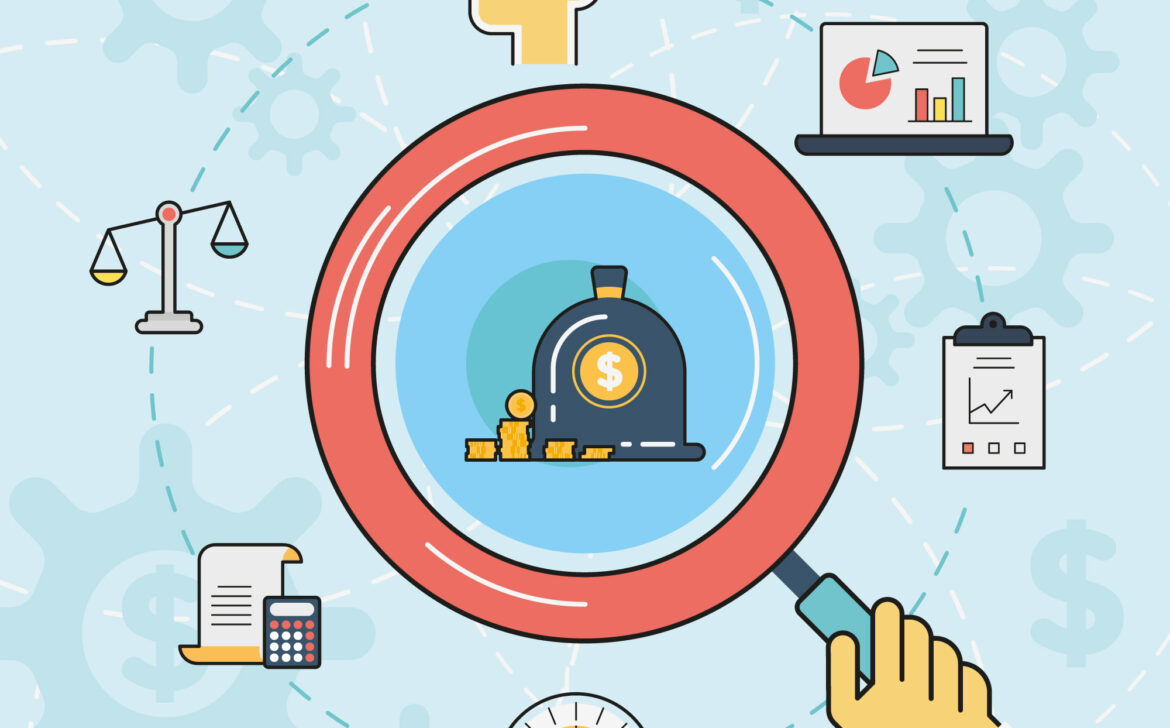Fuel Your Body, Calm Your Mind: Healthy Eating Under Stress
Fuel Your Body, Calm Your Mind: Healthy Eating Under Stress
Introduction
Stress can feel like a relentless storm, leaving us exhausted and craving comfort. It’s easy to turn to sugary treats or greasy takeout for quick relief, but these choices often leave us feeling worse in the long run. Let’s explore how nourishing your body can help calm your mind during stressful times.
Understanding the Stress-Eating Connection
When stress levels rise, our bodies release hormones that can trigger cravings for sugary, salty, or fatty foods. These foods provide a temporary mood boost but can also lead to energy crashes and guilt, creating a tough cycle to break.
The Power of Nutrition
Food is more than just fuel; it’s a powerful tool for managing stress. Certain nutrients can help regulate mood, boost energy, and improve overall well-being.
- Omega-3 Fatty Acids: Found in fatty fish, walnuts, and flaxseed, these healthy fats can help reduce inflammation and improve brain function.
- Complex Carbohydrates: Whole grains like brown rice, quinoa, and whole-wheat bread provide sustained energy and help stabilize blood sugar levels.
- Protein: Lean protein sources like chicken, fish, beans, and tofu can help repair tissues and regulate hormones.
- Vitamins and Minerals: Fruits, vegetables, and nuts are packed with essential vitamins and minerals that support overall health.
Practical Tips for Healthy Eating Under Stress
- Plan Ahead: Prepare healthy meals and snacks in advance to avoid impulsive choices.
- Listen to Your Body: Pay attention to hunger cues and eat when you’re truly hungry.
- Mindful Eating: Focus on the taste and texture of your food, and savor each bite.
- Hydrate: Drink plenty of water throughout the day to stay hydrated and support overall well-being.
- Limit Processed Foods: These foods are often high in unhealthy fats, sodium, and added sugars.
- Seek Support: Talk to a friend, family member, or healthcare professional about your stress and eating habits.
Creating a Supportive Environment
Your surroundings can significantly impact your eating habits. Create a kitchen that encourages healthy choices:
- Stock Up on Healthy Snacks: Keep fruits, vegetables, nuts, and yogurt on hand.
- Minimize Unhealthy Temptations: Reduce the amount of junk food in your home.
- Create a Relaxing Eating Space: Make mealtimes a pleasurable experience.
Stress Management Beyond the Plate
While healthy eating is crucial, it’s just one piece of the puzzle. Incorporate these stress management techniques into your routine:
- Exercise Regularly: Physical activity helps reduce stress and improve mood.
- Get Enough Sleep: Aim for 7-9 hours of quality sleep each night.
- Practice Relaxation Techniques: Try meditation, deep breathing, or yoga.
- Build a Support System: Connect with friends and family for emotional support.
Remember, it’s okay to indulge in your favorite treats occasionally. The key is balance. By nourishing your body and mind, you’ll be better equipped to handle life’s challenges and build resilience.
What are your go-to stress-busting snacks? Share your tips in the comments below!
Internal Links:
- How to Develop Healthy Eating Habits
- Effective Stress Management Techniques
- The Importance of Hydration for Well-Being
- Benefits of Mindful Eating
Outbound Links:



